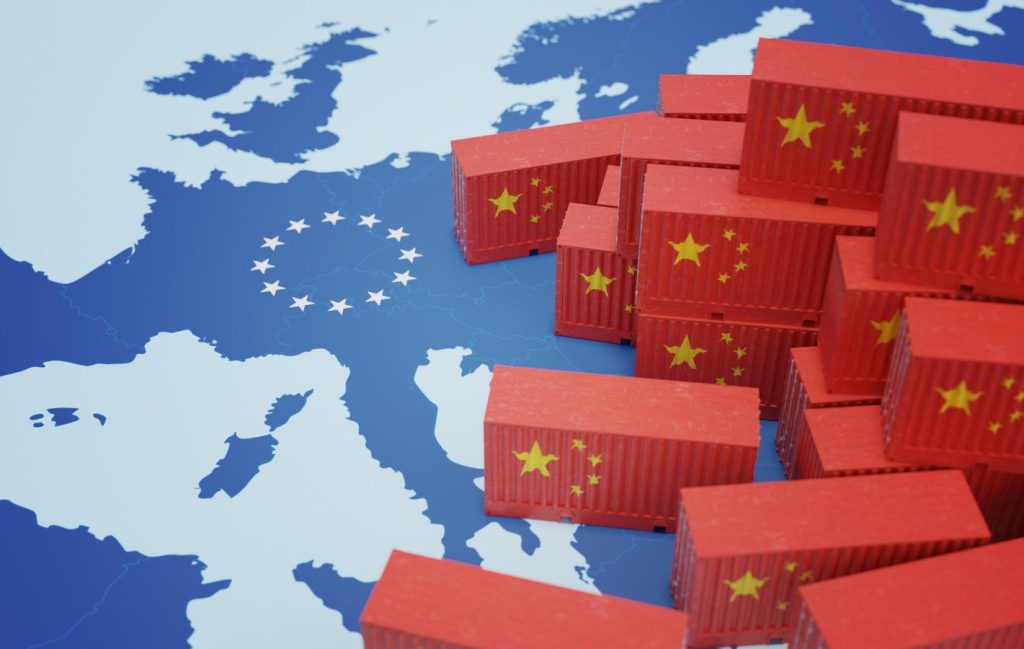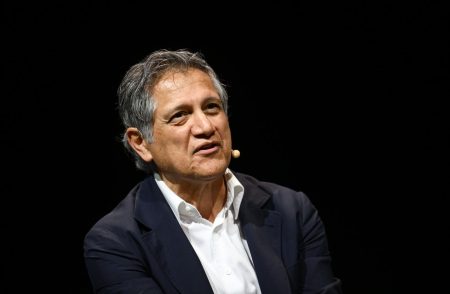The European Union initiated provisional penalty tariff increases on Chinese electric vehicles and Europe’s automakers aren’t sure when the expected retaliation will arrive, or how serious it will be.
The EU Thursday raised tariffs up to almost 48% with SAIC’s MG facing a 37.6% tariff on top of the existing 10%. Geely and BYD attracted increased levies of 19.9% and 17.4%. Other manufacturers who cooperated with the EU investigation face an average duty of 20.8% while non-cooperators face the 37.6% extra charge.
The duties become definitive in November suggesting negotiations might change the decision. EU member states could block the extra tariffs, imposed after it decided China subsidies for its EV industry harms Europe’s automakers.
Some experts are puzzled by the EU’s decision to possibly trigger a tariff war with China because it appears to be playing with a weak hand. The EU has decreed that its automakers sell only new EVs by 2035, with a tightening quota starting with just over 20% this year, moving quickly to about 80% by 2030.
The trouble is EV sales in Europe have hit a plateau of about two million this year, and most forecasts reckon this will reach only between seven and eight million by 2030. Seven million is only roughly 50%, seriously short of the required 80%. So curbing the growth of Chinese EV imports cast doubts on the EU’s targets.
Germany in particular is also exposed to any Chinese retaliation, according to Professor ManMohan Sodhi of Britain’s Bayes Business School.
“The German auto industry has made a last-ditch desperate plea to the EU not to impose these tariffs. After all, the German auto industry exports three times as much as it imports from China by way of cars and four times as much by way of parts. The EU is now inviting the Chinese tit-for-tat response,” Sodhi said.
The Chinese government’s initial unofficial response had seemed relatively mild, aimed at raising tariffs on mainly German high-value gasoline powered sedans and SUVs response.
“China hoped the EU would get the hint and not get into a tariff war. As with any tariff war, the Chinese will now be forced to react forcefully despite the move not being in their economic interest,” Sodhi said in an email exchange.
German manufacturers like Mercedes and BMW have all pointed to the pluses of free trade, while Germany has supported a negotiated solution with China.
China has hinted at widening its scale of possible retaliation to include big European earners like French wine, cognac and agricultural products, Toulouse-France based Airbus Industrie’s airliners, and pork exports led by Spain, the Netherlands, Denmark and France.
Thom Groot, CEO of The Electric Car Scheme, expects a quick response from the Chinese.
“I would expect China will react quickly, first with strong words, and perhaps later, if behind-the-scenes discussions do not look like they will resolve the situation, with actions,” Groot said in an email.
Groot says EV demand in Europe has been held back by high prices, and this has inhibited production investment, which the Chinese have taken advantage of.
“What the U.K. and Europe need is stronger incentives to drive demand like (tax incentives) and equalizing taxes on public charging compared to charging at home, while simultaneously investing in the car manufacturing supply chain to catch up to the Chinese manufacturers which are currently ahead of the more established western manufacturers,” Groot said.
Meanwhile, GlobalData analyst Sammy Chan said even if the penalty tariff regime is maintained, sales of China’s cheaper EVs will grow.
Chinese automakers have developed cost advantages through vertical integration and controlling key components like batteries. BYD has been selling products in Europe for sometimes double or nearly triple its pricing in China, Chan said.
Rhodium Group said recently that at tariffs lower than 50% Chinese EVs would still be profitable because of their more efficient manufacturing. Investment bank UBS has said that gives the likes of BYD a 30% cost advantage.
“Despite the tariffs, we do expect to see further Chinese brand growth in the Economy segment. Because European brands currently lack Chinese BEV-makers’ efficiencies and lower cost structure they are having to launch entry-level BEVs later to avoid losing money, giving Chinese BEVs in these segments a clearer run,” Chan said.
Read the full article here
















